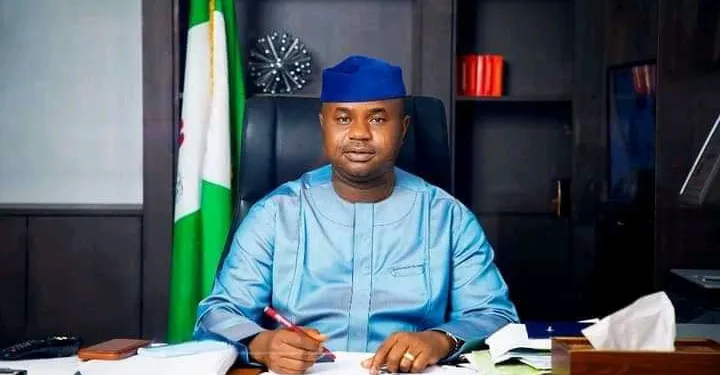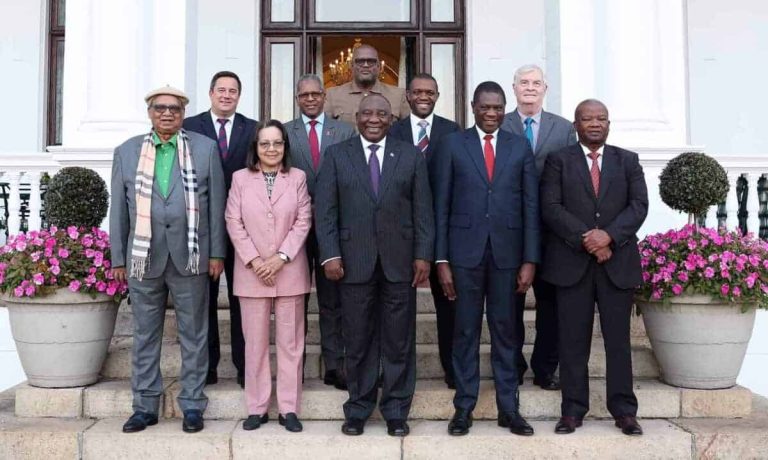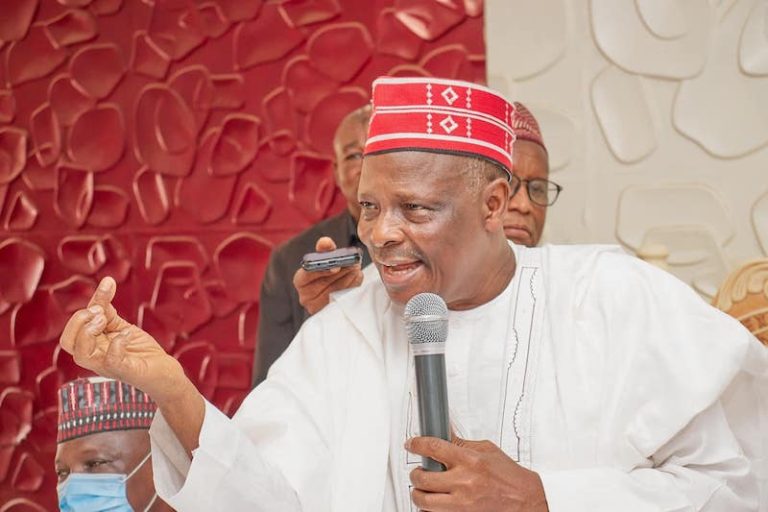
Despite recording a massive surge in government revenue, the Federal Government will continue to borrow as part of its broader economic strategy, the Executive Chairman of the Federal Inland Revenue Service (FIRS), Zacch Adedeji, said on Tuesday.
Speaking at a media briefing at the Presidential Villa in Abuja, Adedeji defended the government’s borrowing plans, insisting that debt financing is not a sign of financial weakness, but a strategic tool in long-term national planning.
“Borrowing is not the problem. It’s part of the national budget approved by the National Assembly. Are we borrowing beyond what was approved? No,” Adedeji told journalists during the ‘Meet-the-Press’ session organised by the Presidential Communications Team.
His comments come amid renewed concerns about Nigeria’s rising debt levels, especially following President Bola Tinubu’s July 2025 request for a $21.5 billion loan, which includes a $2 billion foreign currency bond and a ₦757.98 billion domestic bond aimed at clearing pension arrears under the Contributory Pension Scheme.
Revenue Soars, But Borrowing Continues
Adedeji revealed that federal revenue collection skyrocketed to ₦3.64 trillion in September 2025, a remarkable 411% increase from ₦711 billion in May 2023. He attributed the performance to wide-reaching tax reforms, enhanced compliance, and improved non-oil revenue mobilisation.
Despite this record-breaking growth, the FIRS chairman insisted that borrowing remains necessary to finance long-term infrastructure and development goals.
“If my annual expenditure is ₦100,000 and I plan to generate ₦80,000 in revenue and borrow ₦20,000 but I exceed revenue projections and generate ₦90,000, then borrow only ₦10,000 I’m still within plan. Why is that a problem?” he asked.
‘Borrowing Is Part of the Economic Ecosystem’
Adedeji stressed that no country functions on internally generated revenue alone, highlighting that debt is essential for building projects that will benefit future generations.
He introduced what he called the “Matchy Concept”, an economic approach that aligns long-term projects with staggered payments. According to him, projects like road construction which will serve future generations should be financed over time, not all at once.
“When government borrows to build roads, the people who will use that road in the future also contribute through taxes. It’s fair and sustainable,” he explained.
He further argued that borrowing fuels the financial ecosystem, noting that when government borrows from banks, it pays interest which banks use to pay salaries, taxes, and reinvest in the economy.
“The interest paid on those loans helps banks generate profit, which translates into corporate taxes, employment, and economic circulation. That’s how the system works,” he said.
In a pointed remark, Adedeji dismissed critics of government borrowing as “container economists” a term he used to describe those who, according to him, lack a nuanced understanding of fiscal policy.
“Many people are stuck on social media narratives. They’re not asking the right questions. Borrowing is not inherently bad, it depends on how it’s used,” he said.
On the revenue front, Adedeji said the non-oil sector was the primary driver of the ₦3.64 trillion collection figure in September. FIRS’ non-oil receipts hit ₦1.06 trillion, a sharp rise from ₦151 billion in 2023.
- Oil revenue also grew to ₦644 billion,
- Value Added Tax (VAT) collections soared to ₦723 billion, up from less than ₦250 billion two years ago.
He attributed these improvements to recent policy shifts, including:
- Tax harmonisation for subnational levies
- Digital e-invoicing systems
- A presumptive tax regime for informal sector players
- A gradual reduction in corporate tax rates
Adedeji added that a new fiscal policy framework is in the works, aimed at rationalising incentives and deepening compliance without overburdening small businesses.
Looking Ahead
While critics remain vocal about Nigeria’s growing debt profile, Adedeji maintained that the Federal Government’s strategy is not about borrowing recklessly but about making strategic investments that will sustain the economy in the long run.
“Borrowing allows us to avoid higher costs in the future. If we delay today, we’ll pay more tomorrow,” he concluded.



